Hello, my name is Lynn!
Nine years ago, I walked out of John Deere headquarters for the last time. After 40 years in manufacturing, I shook a few hands, turned in my badge, and stepped into “retirement.”
Or at least, that’s what it was supposed to be.
Instead, I found myself staring at the same question I now hear from so many of my clients:
“What now?”
For four decades, my work defined me. My days were filled with teams, projects, and deadlines. My title told the world who I was. But when the title was gone, I realized something powerful: I had been preparing for the next chapter all along—I just didn’t know it.
So today, as I mark nine years since that transition, I thought it was the right moment to pause, reflect, and reintroduce myself.
Who I Am Today
I’m Lynn Friesth, a Mid-Life Transition Coach.
I help professionals 55 and older navigate the shift from corporate identity to an encore life—one that blends purpose, flexibility, and meaning.
My coaching isn’t about theory. It’s about lived experience. I’ve walked the path. I know the highs, the lows, and the messy middle. And I’ve seen firsthand that this next chapter can be the most fulfilling of all.
Five Things You Might Not Know About Me
Strengths That Stick. I’ve taken StrengthsFinder twice—years apart—and both times my top five were the same: Learner, Input, Ideation, Intellection, Futuristic. Translation? I’m wired to explore, to connect ideas, and to imagine new futures. Reinvention was in my DNA long before I left corporate life.
Family First. I’ve been married to Mary Lee for over 40 years. Together, we raised three kids and now enjoy our one grandchild. They’ve been my anchor through every transition.
The Book Collector. My kids tease me about the hundreds of business books filling my shelves. I can’t help it—I’ve always been fascinated by ideas and strategies. Each book felt like a conversation with a new mentor.
Process, Not Execution. Through reflection, I discovered my true strength wasn’t in executing day-to-day operations. It was in reimagining processes, asking “why,” and finding ways to make things better. That curiosity became the foundation of my encore career.
Encore Believer. I don’t see this stage of life as winding down. I believe your encore career—the one after corporate life—can be your best chapter yet. A chapter fueled by wisdom, perspective, and the freedom to design work around your values.
Why This Matters
It’s tempting to think that life after corporate is simply about slowing down. But if you’re reading this, I know you’re wired differently. You’re not done yet.
Here’s what I’ve learned:
Who you become after corporate life matters more than any title you held.
The messy middle of transition—the uncertainty, the experiments, the self-doubt—is not a sign of failure. It’s the path.
Reinvention isn’t about erasing your past. It’s about reimagining your future, using everything you’ve already learned.
I’ve guided many professionals through this stage. Some launched consultancies. Some started creative businesses. Others leaned into mentoring, volunteering, or advisory work. The form varies—but the outcome is the same: a renewed sense of identity and impact.
Lessons From My Own Transition
Looking back, three lessons stand out from my journey:
Don’t Rush Clarity. I wanted answers right away. But clarity came through experimentation—trying, failing, and adjusting. Your encore career doesn’t arrive fully formed. It unfolds.
Stay Curious. At 65, I had to be a beginner again. I learned new technologies, explored unfamiliar industries, and asked for help. Curiosity wasn’t optional—it was oxygen.
Community Matters. Transition can feel isolating, especially when peers stay in corporate roles. Finding a community of others asking “what’s next?” was essential. It reminded me I wasn’t alone.
Where I Am Now
Today, I coach executives and professionals who are stepping out of long corporate careers. They’re often wrestling with questions like:
“Who am I without my title?”
“What kind of work matters to me now?”
“Can I really learn new skills at this stage?”
“How do I build something meaningful—and still make it practical?”
I don’t hand out cookie-cutter answers. Instead, I guide people to rediscover their strengths, clarify their vision, and design an encore life that reflects who they are now—not just who they used to be.
An Invitation
So, time for the question to turn back to you:
👉 What’s the biggest challenge you’re facing in your transition?
Reply and let me know.
Your story matters. And whether you’re just stepping away from corporate life, or you’ve been navigating the messy middle for years, I want you to know something:
You’re not starting over. You’re starting forward.
And your encore life has the potential to be your most impactful chapter yet.
Until next time,
Lynn
P.S. If you’re feeling stuck in your own “What now?” moment, let’s talk. Coaching isn’t about giving you answers—it’s about helping you find clarity, momentum, and confidence for what comes next.




















